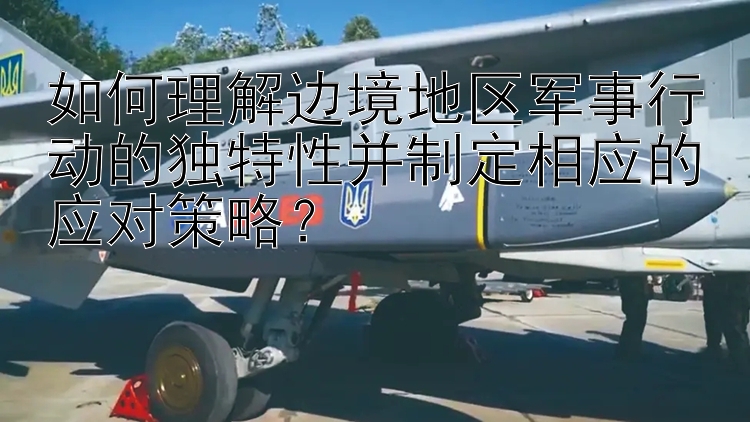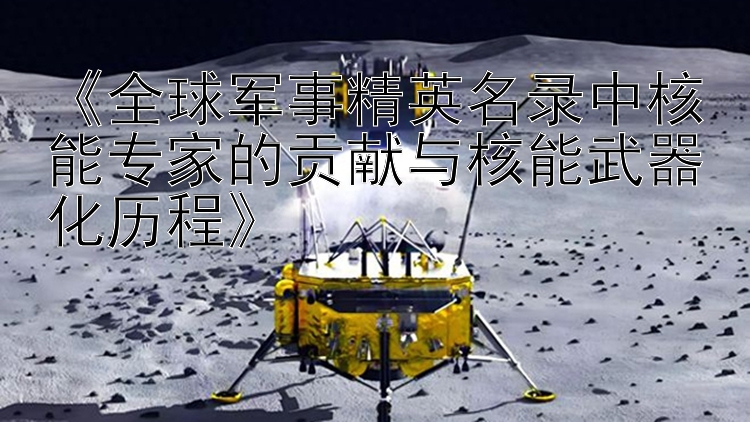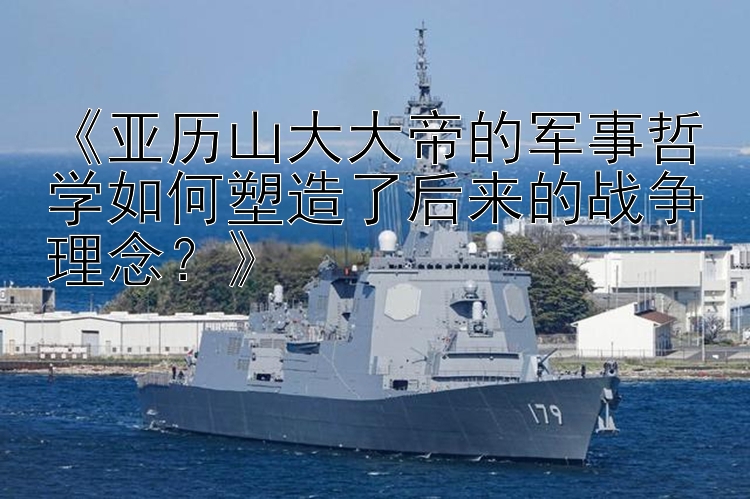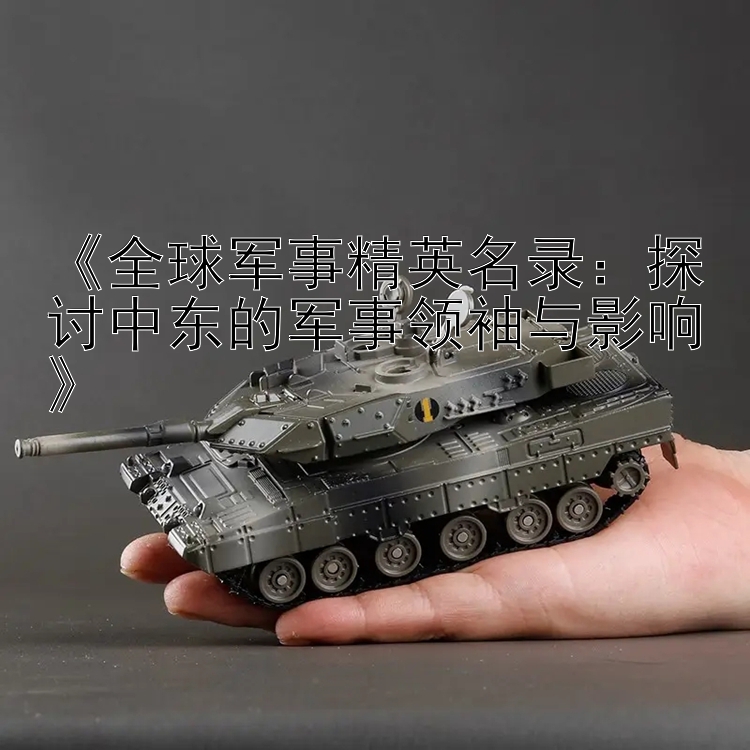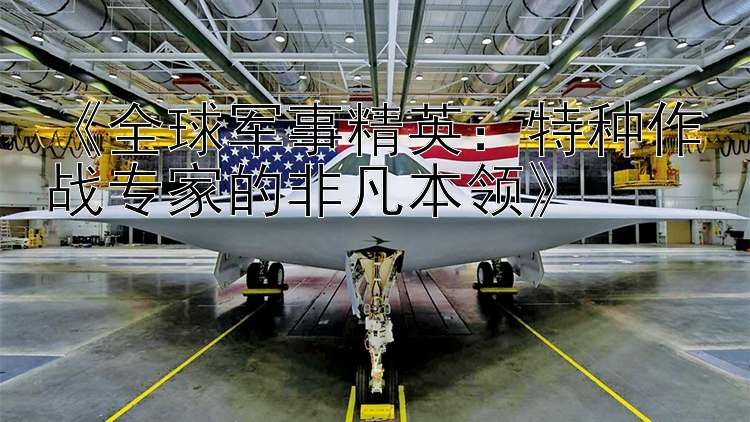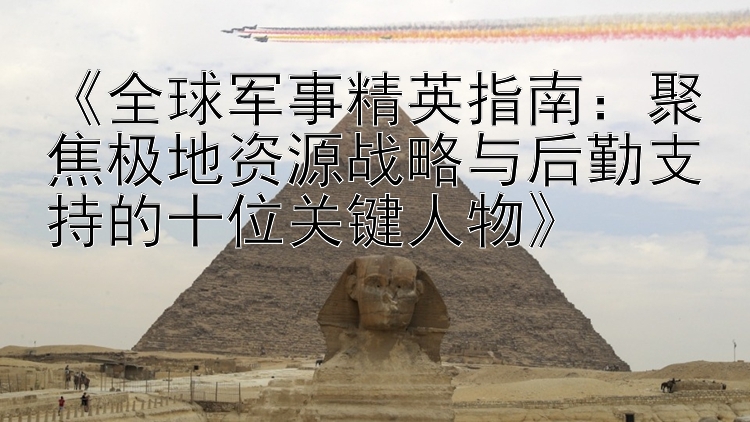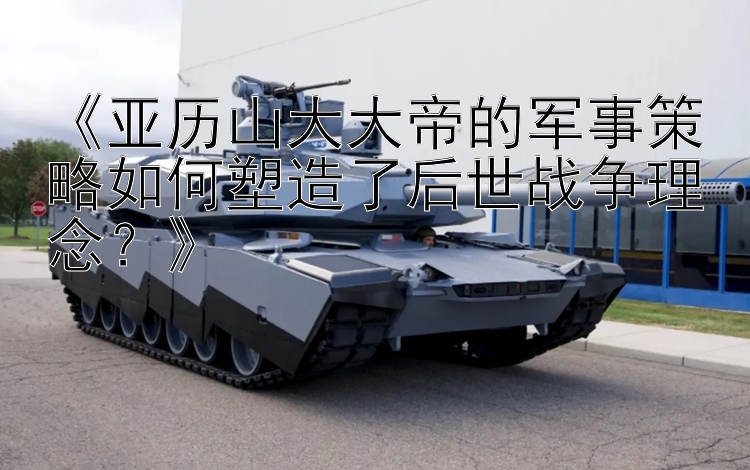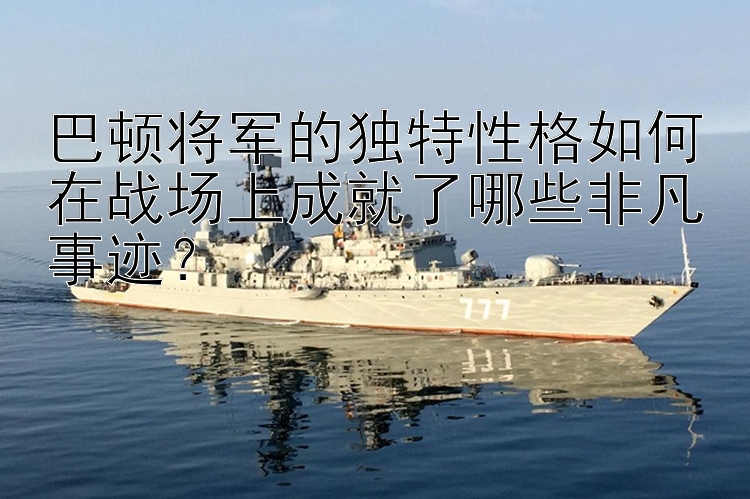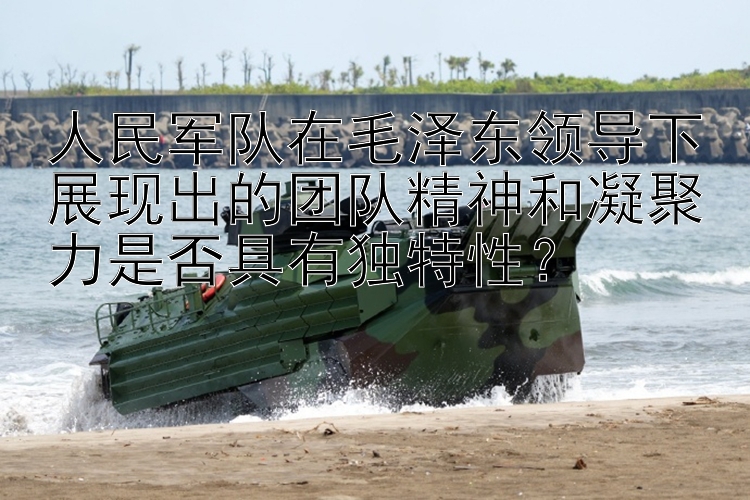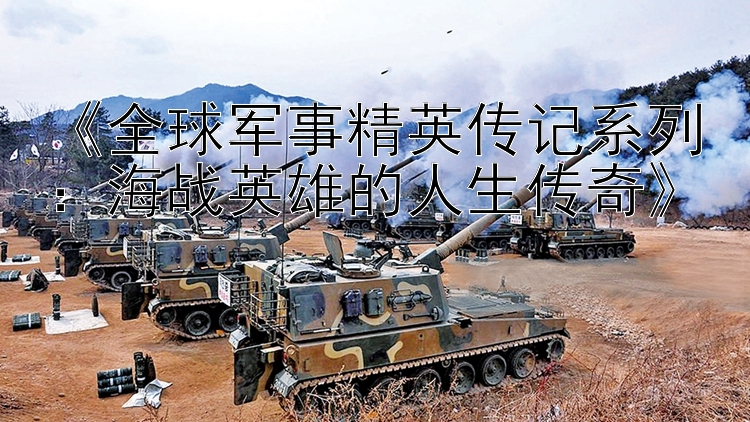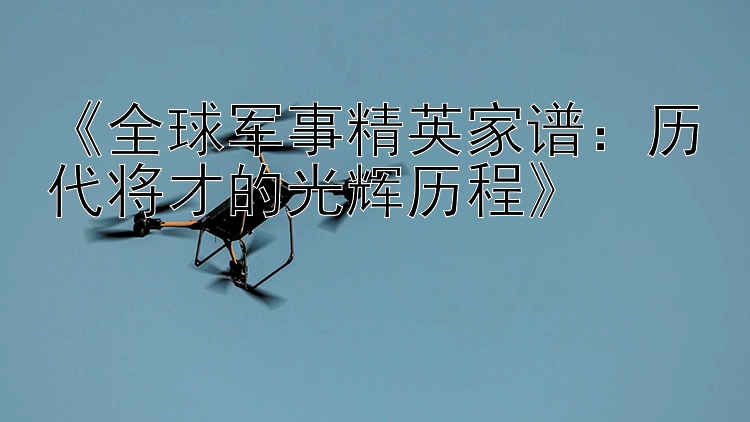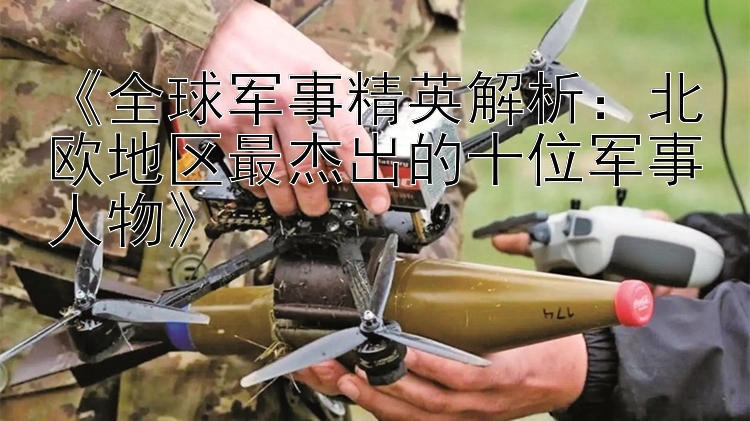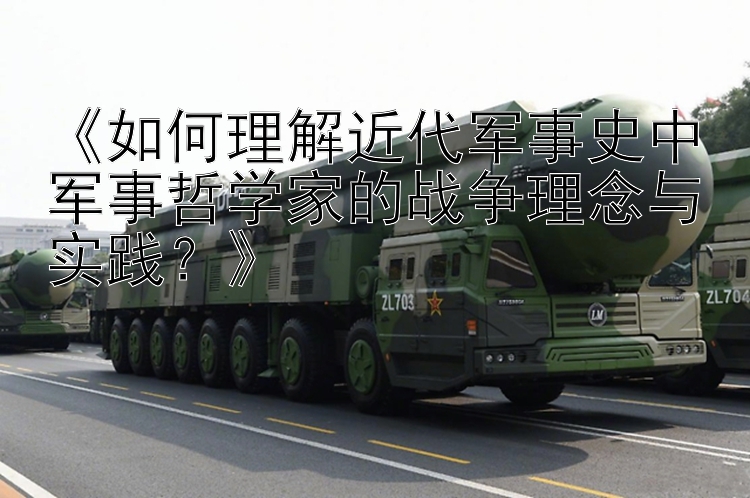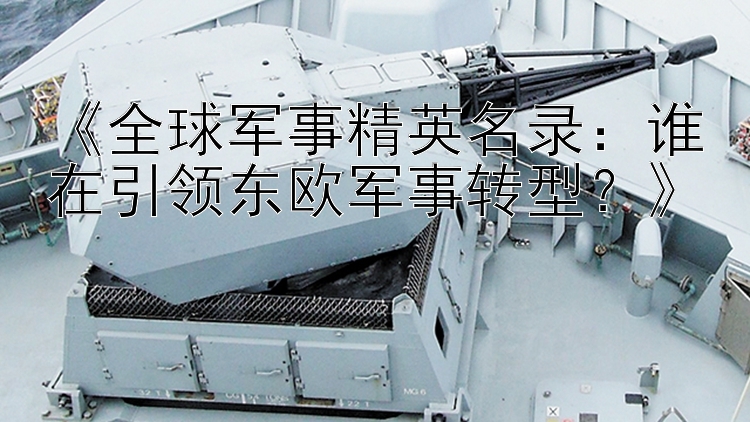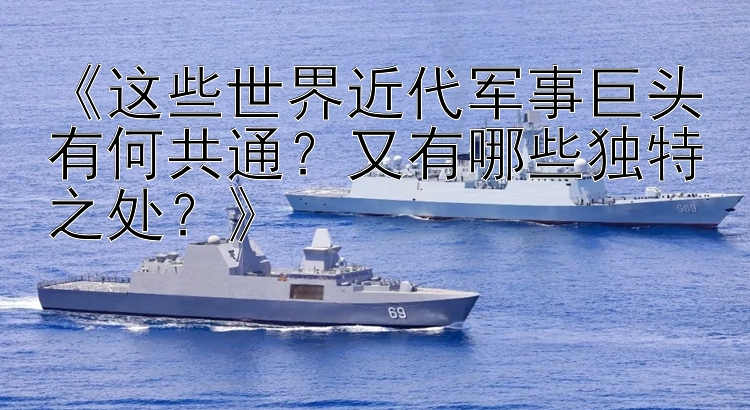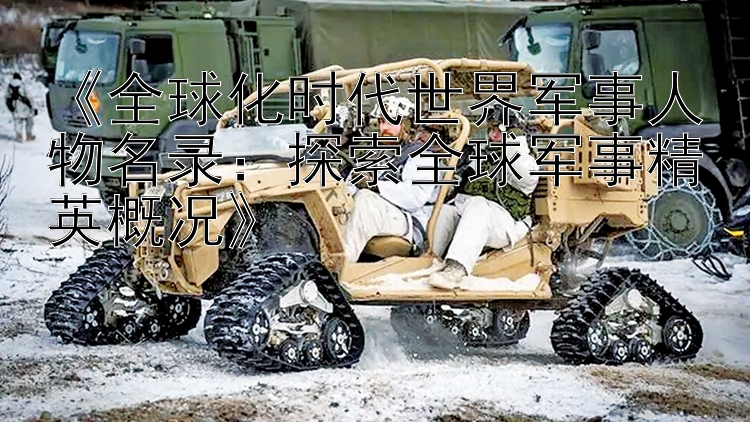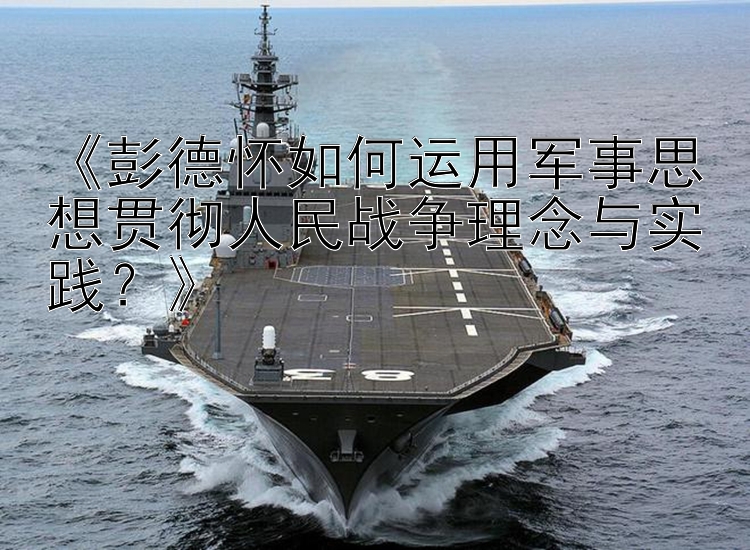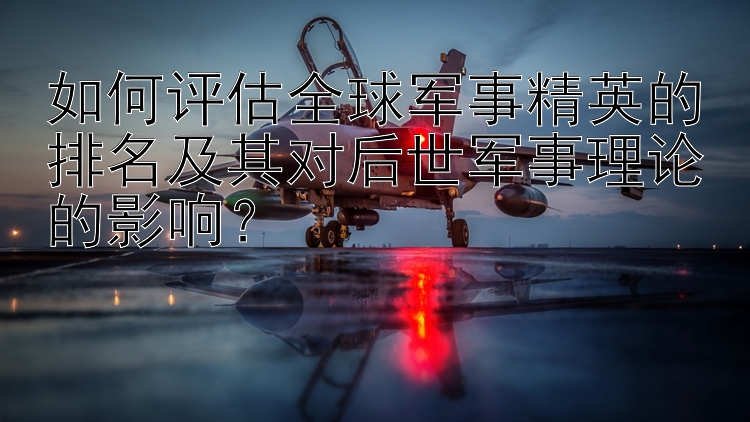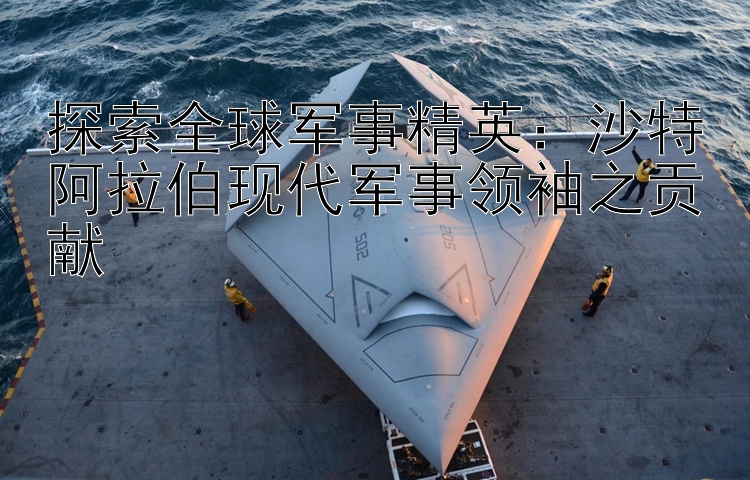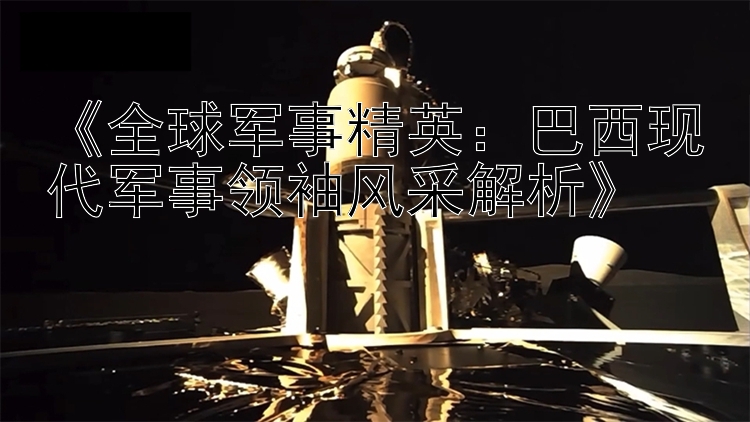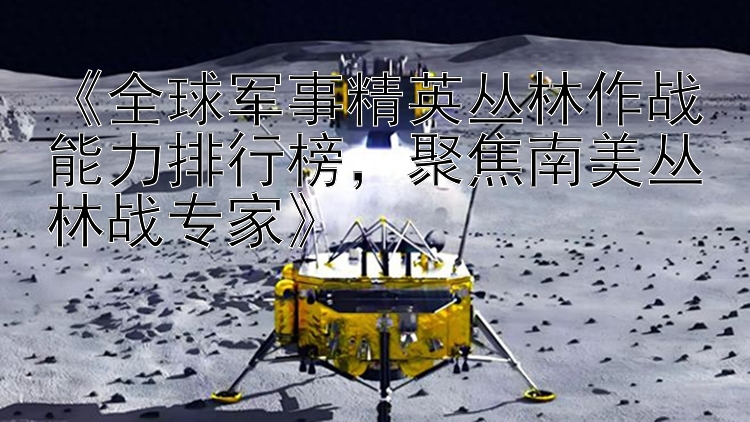《探讨全球军事精英战争理念的独特性与共通点》
导读在当今复杂多变的国际安全环境中,军事精英们的战争理念既展现了独特的个人风格和民族特色,又 reveals certain universal principles that transcend cultural and geographical boundaries. This article ai......
在当今复杂多变的国际安全环境中,军事精英们的战争理念既展现了独特的个人风格和民族特色,又 reveals certain universal principles that transcend cultural and geographical boundaries. This article aims to delve into the individuality and commonality of these strategic minds, drawing insights from historical figures such as Napoleon Bonaparte, Erwin Rommel, Mao Zedong, Dwight D. Eisenhower, and contemporary leaders like Vladimir Putin and Xi Jinping.
Each military leader brings a distinct perspective to warfare, influenced by their upbringing, education, experiences in combat, and the geopolitical landscapes they navigate. For instance, Napoleon's concept of "war as politics by other means" emphasized rapid movement, surprise attacks, and overwhelming force; while Erwin Rommel, known for his tactical brilliance during World War II, favored mobile armored warfare and swift counterattacks. Mao Tse-tung developed guerrilla tactics suited to China's vast rural areas, which were later adopted worldwide by liberation movements. Meanwhile, former U.S. President Dwight D. Eisenhower advocated for coalition building and combined arms operations, reflecting America's global leadership role after WWII.
Despite these differences, several themes emerge across time and space: innovation, adaptability, and the importance of human factors. Military elites recognize that technology alone does not win wars but must be complemented with creative strategies and effective command structures. They also understand that success hinges on motivating soldiers through strong morale, clear objectives, and justifiable causes. Finally, the ability to anticipate an opponent's moves and respond decisively is crucial—a skill exemplified by modern strategists like Russian President Vladimir Putin and Chinese Chairman Xi Jinping, who both employ hybrid warfare techniques that blend conventional forces with cyber capabilities and information campaigns.
In conclusion, while each era produces its own set of warfighting doctrines tailored to local conditions, there are enduring lessons that resonate among all great generals. These include the necessity of combining hard power with soft power, leveraging intelligence effectively, respecting the limits of one's resources, and maintaining public support throughout conflicts. By examining the diverse yet interconnected ideas of past and present military luminaries, we can gain valuable insights into how statesmen plan for future security challenges in an increasingly interconnected world.
热门标签
